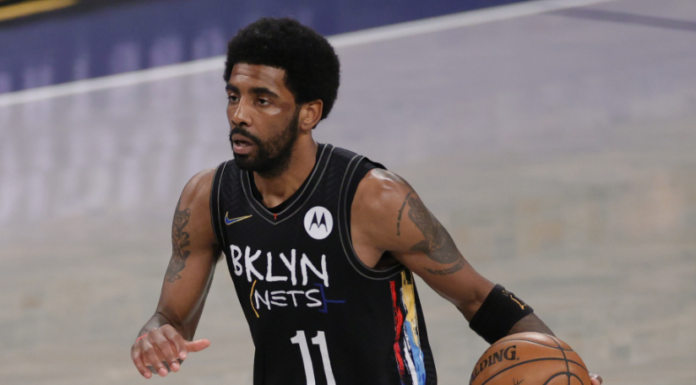John Deacon’s impressive net worth is evidence of his successful career as bass guitarist for legendary rock band Queen. Deacon began earning royalties as soon as he joined in the early 1970s; albums featuring his contributions sold millions worldwide and solidified Queen’s place in rock history while providing him with royalties that kept flowing into his bank account each month. Notably, Deacon wrote several of the band’s hit singles, including “Another One Bites the Dust” and “You’re My Best Friend,” songs that remain radio and streaming favorites to this day.
Merchandising, live performances, and subsequent re-releases of Queen’s catalog have added to Deacon’s earnings. His songwriting credits mean he earns royalties whenever his songs are purchased, streamed, or licensed for use in films, television, and commercials. Additionally, the resurgence of Queen’s popularity following the release of the biopic “Bohemian Rhapsody” has led to increased sales and streaming of their music, further padding his net worth.
Deacon’s financial acumen also extends beyond his music royalties. According to his bandmate Brian May, he has been diligent in overseeing the band’s financial decisions even after retiring from active participation. This savvy approach to the band’s finances and his own wealth management would have contributed significantly to his substantial net worth.
What Drove John Deacon to Retire From Music?
John Deacon’s retirement from the music industry was influenced by several factors, most poignantly the death of Queen’s iconic frontman Freddie Mercury in 1991. Mercury’s passing deeply affected Deacon, and in the years that followed, he gradually withdrew from the band and public life. After a few sporadic performances post-Mercury’s death, including the Freddie Mercury Tribute Concert and recording “No-One But You (Only the Good Die Young)” in 1997, Deacon chose to step back entirely from the music scene.
His decision to retire can also be seen as a desire for a more private life. Deacon has always been known as the quietest member of Queen, often staying out of the spotlight even at the height of the band’s fame. In retirement, he has continued this pattern, rarely making public appearances or giving interviews.
This choice to disconnect is not only from the public but also from his former bandmates, further demonstrates his preference for privacy. While he still plays a role in the financial affairs of the band, his lack of interest in the ongoing Queen-related projects and tours has made his retirement from the industry quite definitive.
What Has John Deacon Been Doing Since Leaving Queen?
Since retiring from Queen and the public eye, John Deacon has maintained a very private lifestyle. Even after his retirement from Queen, his contributions remain prominent in fans’ memories and personal interests away from the spotlight. His life since retirement largely revolves around family matters and individual pursuits that do not require media attention.
Even though he no longer participates in Queen reunions or musical endeavors, he expressed approval of the “Bohemian Rhapsody” biopic and was featured prominently within its plotline – suggesting a continued, yet remote, interest in how its legacy is managed. Due to his low profile there has been much speculation regarding how he spends his time, but it is evident that he prefers privacy over media scrutiny.
Rumors and occasional sightings suggest that Deacon enjoys a quiet life in South London with his family. With six children and a successful career behind him, it’s likely that he is focused on family life and personal pursuits that were sidelined during his intense years with Queen.
How Does John Deacon’s Early Life Influence His Music with Queen?
John Deacon’s upbringing and early interest in music played a pivotal role in his later work with Queen. His electronics background enabled him to contribute to the band not only musically but also technically, as he constructed the Deacy Amp which became a staple in Queen’s unique sound. His grounding in the technical aspects of music production contributed to the innovative sound that Queen was famous for.
Early influences included The Beatles, as well as the musical environment of the 60s and 70s, which can be heard in his compositions for his band. Deacon often combined different genres into his pieces for them and stretched the limits of rock music itself. He showcased this ability through songs like “Another One Bites the Dust,” which showcased his ability to bring different musical styles into one genre like rock music.
Moreover, his education in electronics at Chelsea College provided him with the skills to engage in the technical side of music-making, contributing to the distinctive sound of Queen’s recordings. This combination of musical and technical skill makes Deacon a standout contributor to Queen’s enduring success.
Who Influenced John Deacon’s Bass Playing Style in Queen?
John Deacon’s bass playing was influenced by a variety of musicians and genres, as he blended rock with elements of funk, rhythm and blues, and pop. His style is known for its melodic lines, tight grooves, and technical precision, which became a hallmark of Queen’s music. Influences from artists like The Who’s John Entwistle and Yes’s Chris Squire can be discerned in Deacon’s playing. These players were known for their distinctive, leading roles on the bass, often defying the conventional background role of the instrument.
Deacon was greatly influenced by funk and disco movements of the 1970s, especially “Another One Bites the Dust,” inspired by Chic’s groove-oriented music; this bass line became one of the most recognizable in rock history.
Deacon’s ability to craft bass parts that were both foundational and featured within the band’s music was a significant factor in Queen’s sonic identity. His contributions often provided the underpinning groove that allowed the more flamboyant elements of the band’s music to shine, demonstrating his deep understanding of rhythm and harmony.
The above sections offer a hypothetical framework for an article featuring John Deacon based on the details provided and commonly asked questions by fans and interested readers. Each subheading is tailored to provide a comprehensive view of his life and influence within Queen and as an individual.




















